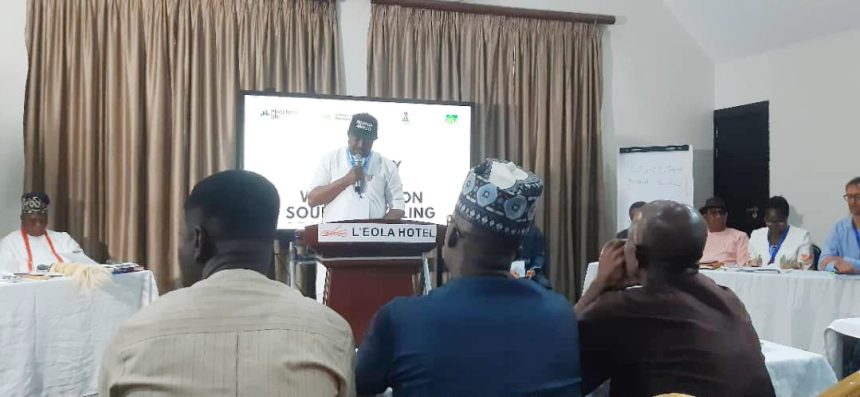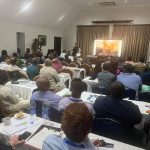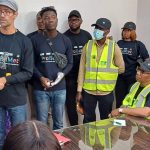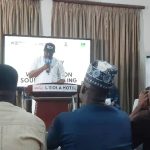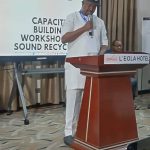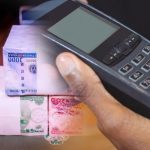Clara Omuluzua Madubike | I-Witness News
Anambra State government represented by the honourable Commissioner for Environment, Engr. Dr Felix Odimegwu attended the just concluded stakeholders capacity building workshop on the project tagged, “Partnership for responsible battery and metal recycling (PROBAMET) and assessment of battery recyclers and capacity building on standard operating procedure (SOP) for the battery recycling sector at L’eola Hotel, Maryland, Lagos State.
The four days event which started from 9th September and ended on the 12th, 2024 was conducted by NESREA in conjunction with Sustainable research and action for Environmental development (SRADEV Nigeria), International partners like Öko-Institute. e.V. Germany (OIG), Plattform Blei, Initiatives for global solidarity (IGS) (a German cooperation, WV metalle service GmbH and Alliance for rural electrification (ARE))
Dr Odimegwu who is a team member of the project task team (PTT) Stated in his welcome address that PROBAMET, with its focus on responsible recycling, is a commendable initiative that will directly address the management of hazardous waste especially from batteries and metals which has become a pressing concern.
He highlighted that the aim to establish an industry standard for safe battery and metal recycling, grounded in globally accepted practices, is a key step toward ensuring that “we reduce the environmental and health risks associated with these materials while promoting a circular economy.”
He expressed that Anambra state government look forward to continuing our partnership with NESREA and other stakeholders in the implementation of PROBAMET and opined that we are committed to working together to ensure that the principles of sustainability, environmental safety, and community health are upheld.
Speaking, the Director General, National Environmental Standards and Regulations Enforcement Agency (NESREA), Dr. Innocent Barikor, said there was heavy penalty for environmental violation along the value chain of the of the disposition of battery in a manner that is not acceptable by the law. He noted that one of the contents of the National Environmental (Battery Control) Regulations, 2024, is that it is driven by the “Polluter Pays Principle” and has established an Extended Producer Responsibility’ (EPR) system which means that we are going to cascade, so producers must take responsibility.
In his remarks, Dr. Leslie Adogame, Executive Director, Sustainable Research and Action for Environmental Development (SRADev Nigeria), said the workshop was about “building our capacity and creating awareness about the next steps in the use LED asset recycling batteries, a sector we think have been so much neglected for so many years, until we did a whistle blowing in 2016 by exposing the dangerous activities happening in that sector in terms of the recycling practices being undertaken by mostly Asians, Chinese and Indian companies, of course with connivers of some Nigerians, where we were told that they are doing green recycling, that is sustainable recycling of use lead acid recycling, batteries.
Aside Anambra State Ministry of Environment, Federal Ministry of Environment, Lagos State Environment Protection Agency (LASEPA), Ogun State Environmental Protection Agency (OGEPA), Lagos and Ogun state Ministries of Environment were also selected for PROBAMET participating institutions in Nigeria.
The itinerary for the workshop participants included a visit to various recycling facilities in Lagos and Ogun States.

